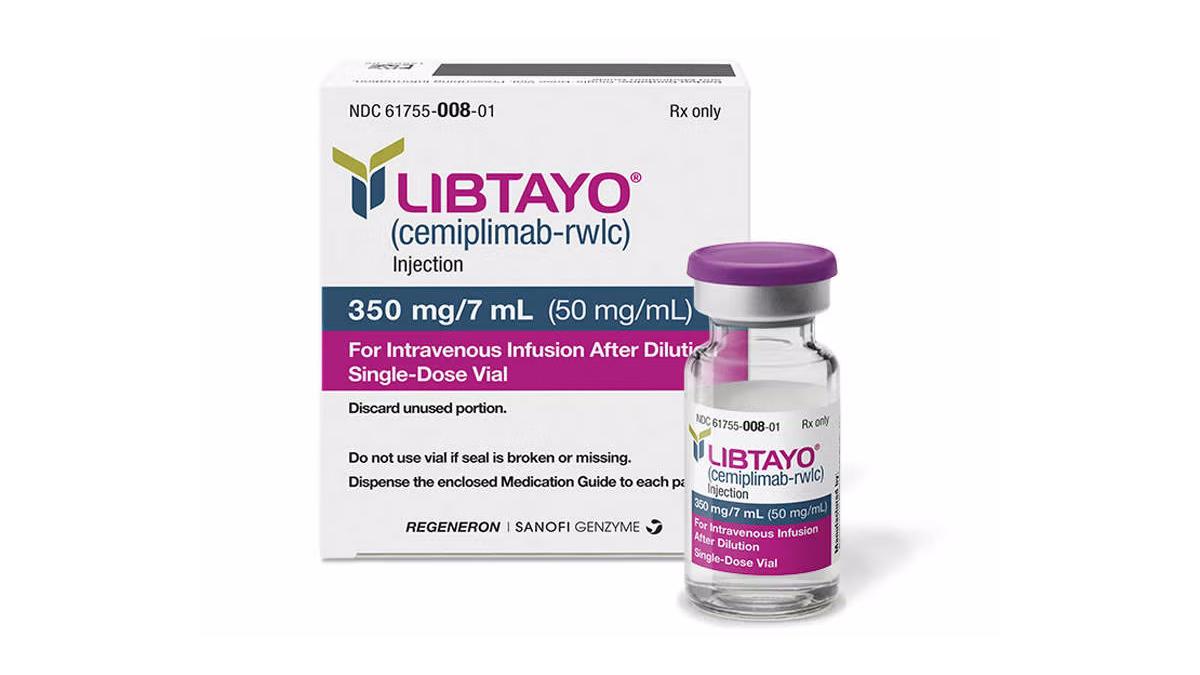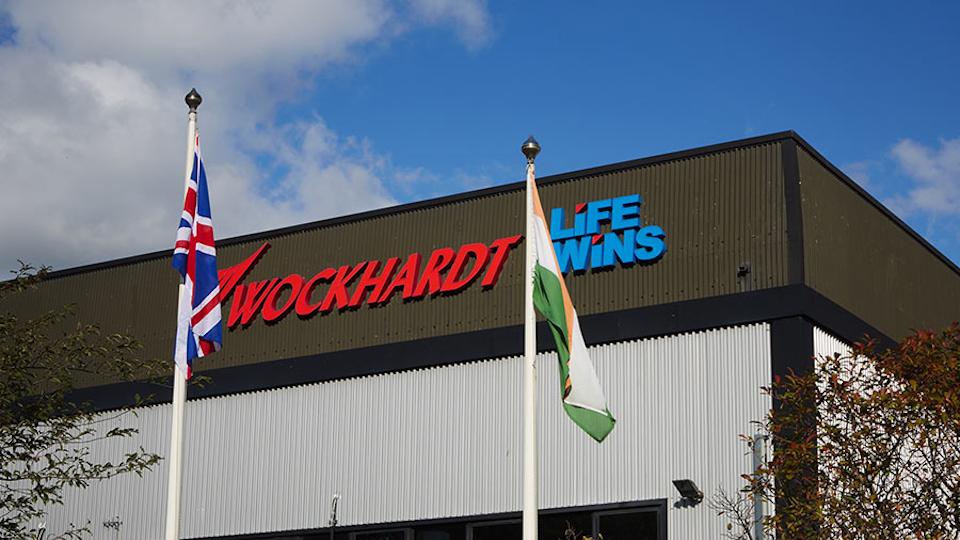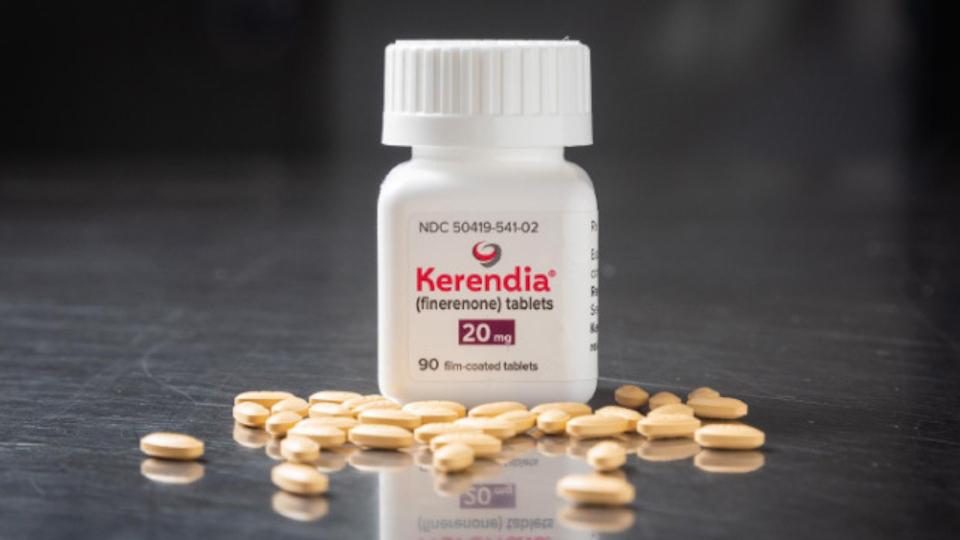ASCO 25: Regeneron hails Libtayo's adjuvant data in CSCC

Regeneron's PD-1 inhibitor Libtayo could find wider use for a form of skin cancer known as cutaneous squamous cell carcinoma after showing efficacy in a pivotal trial as adjuvant therapy for patients who have had surgery to remove their tumour.
New data from the 415-subject C-POST study presented at ASCO and published in the New England Journal of Medicine shows that the immunotherapy achieved a 68% reduction compared to placebo in the risk of disease recurrence or death, when given after surgery and radiotherapy for CSCC.
The results – which have already been submitted to regulators in the US and EU – also revealed an 80% fall in the risk of localised recurrence of the tumour and a 65% reduction in recurrence at distant sites in the body after two years of follow-up.
Libtayo (cemiplimab) was cleared in 2018 for treating advanced CSCC in patients who are not candidates for curative surgery and/or radiation, subsequently picking up additional FDA approvals in basal cell carcinoma, another form of skin cancer, and non-small cell lung cancer (NSCLC).
The immunotherapy breached the blockbuster sales threshold last year, growing 41% to $1.22 billion.
If approved, the adjuvant CSCC indication could lend further sales momentum to the drug, particularly as MSD's rival PD-1 inhibitor – market-leading Keytruda (pembrolizumab) – failed in this indication in the KEYNOTE-630 study which is also being presented at ASCO.
There is a larger addressable patient population in the adjuvant setting compared to the advanced disease setting, where Libtayo is already considered the standard of care.
Niche free of Keytruda competition
The new data breaks new ground for the PD-1/PD-L1 inhibitor class in CSCC, although – like Libtayo – Keytruda is approved as an option for patients ineligible for surgery, as is Checkpoint Therapeutics' Unloxcyt (cosibelimab), which was cleared by the FDA for this indication in December. Checkpoint is in the process of being taken over by Sun Pharma.
According to the new data, 87% of Libtayo-treated patients remained disease-free at two years, compared to 64% of those on placebo. There were trends favouring the PD-1 inhibitor on overall survival, coming in at 94.8% at the two-year mark versus 92.3% for placebo, which Regeneron said pointed to an "emerging benefit" with the drug.
"While surgery and radiotherapy remain the cornerstones of treatment for high-risk [CSCC], there is a critical unmet need for systemic therapies to help prevent relapse and metastasis to ultimately drive better outcomes for patients," said C-POST lead investigator Danny Rischin of the Peter MacCallum Cancer Centre in Melbourne, Australia.
The positive readout is a welcome boost for Regeneron, which saw its shares slide last week after it reported mixed clinical data from phase 3 trials of its Sanofi-partnered IL-33 inhibitor itepekimab in chronic obstructive pulmonary disease.














